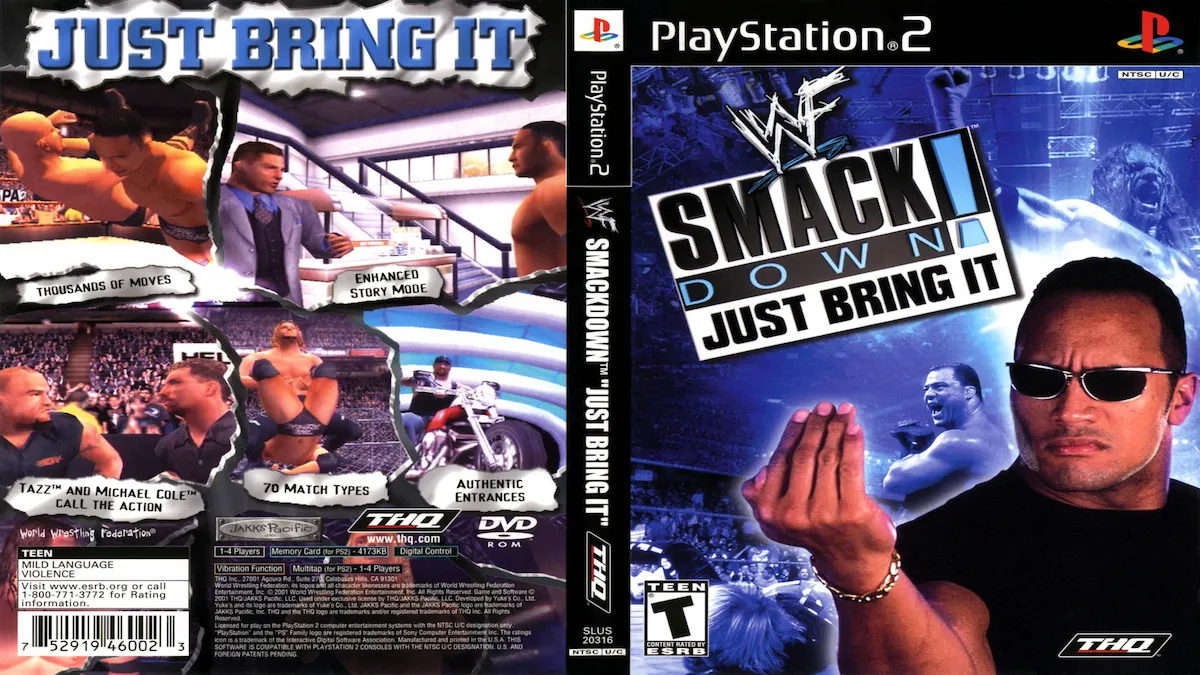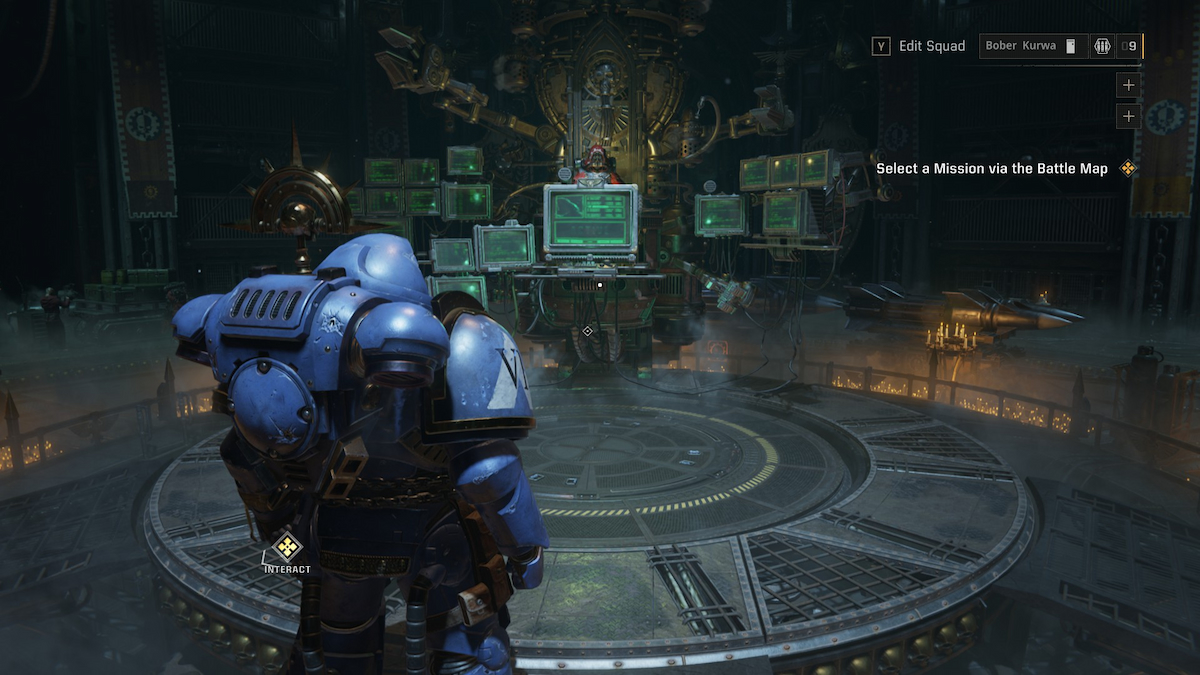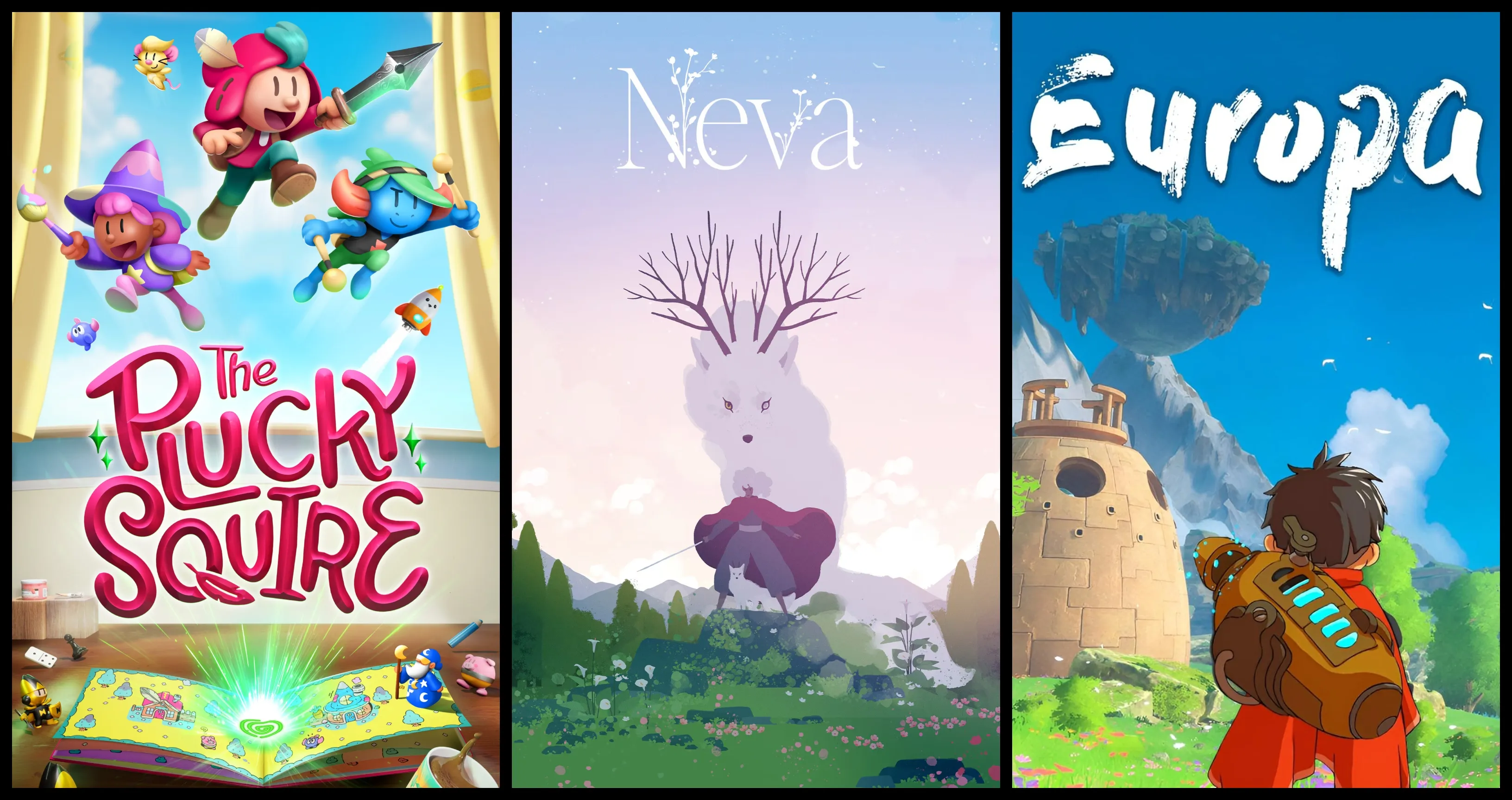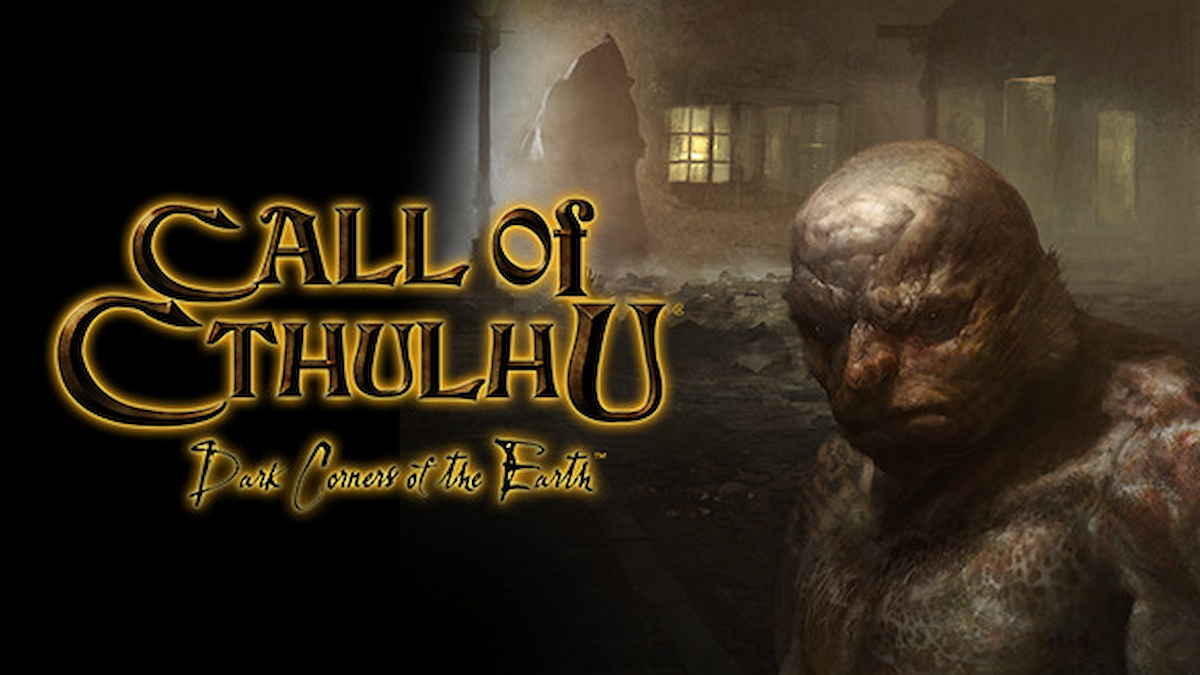
Dungeons & Dragons is a fantastic game. If you have a good group, it can make for some of the most memorable storytelling experiences of your life. But if you've been playing for a long time, you may be looking for a little something extra to spice up your campaign.
Maybe you've been in an ongoing campaign for a while and are looking to start fresh. Maybe you're a DM who wants to try something a little crazier without just throwing a Deck of Many Things at the party. Whatever your motivation, there are plenty of ways to revamp your DnD experience so that it feels fresh and exciting.
Here are four things you can try to make your next campaign a memorable one.
Run an Evil Campaign
Maybe your players have gotten bored of being the good guys in the story -- after all, we usually remember the villains more than the heroes. To that end, you could try playing an evil campaign, where the party is on the other side of the law.
It should be noted that evil campaigns can be challenging, as maintaining a group of nominally selfish individuals can strain suspension of disbelief. Therefore, this is an option that works best with experienced groups. If you think you can handle it, though, go right ahead.
You can also watch the above video for some advice on how to run an evil campaign successfully.

Play in Multiple Parties
This is a great option if you have too many players to fit into one group. With this style of play, you could split your players into two entirely separate parties of adventurers, and alternate sessions between the two.
If you really want to get crazy, you could send both parties on adventures that affect each other, giving each side a subtle bit of control over the other.
Just make sure they don't find out about the Head of Vecna...
Play West Marches
In a similar vein to the last topic, this is a great option for large groups-- especially when scheduling game time is getting hopelessly complicated. Rather than just having two parties, though, West Marches is a very particular style of play that involves putting the players in direct control of what adventures they want to undertake.
Typically, a West Marches game follows three basic principles:
- There is no regular meeting time. Games are scheduled by players on the fly.
- There is no regular group. A handful of players from a larger pool will meet at any given time.
- Rather than having plot hooks ready, the DM will let the players decide where to go and what to do, sandbox-style.
This allows for much easier scheduling, as you're under no pressure to get a specific assortment of people together at any given time. It's an extremely flexible style of play -- and if you have a half-hour to kill, the video above discusses it at length.
Try Meat Grinder Mode
Maybe what you're looking for in your next game is a challenge. Has the game gotten too easy for you? Consider trying out Meat Grinder Mode -- a new option showcased in the upcoming adventure, "Tomb of Annihilation."
The concept is as simple as it is brutal: Death saving throws now require a 15 or higher to succeed, rather than a 10.
In the adventure, this is meant to reflect the death curse draining life more easily, but it can be easily adopted for any situation. You can check out the video above for a demonstration of its lethality, courtesy of DM extraordinaire Chris Perkins.
---
That wraps up our list! What are your favorite ways to make your DnD games more interesting? Let me know in the comments!






Published: Jul 26, 2017 03:05 pm